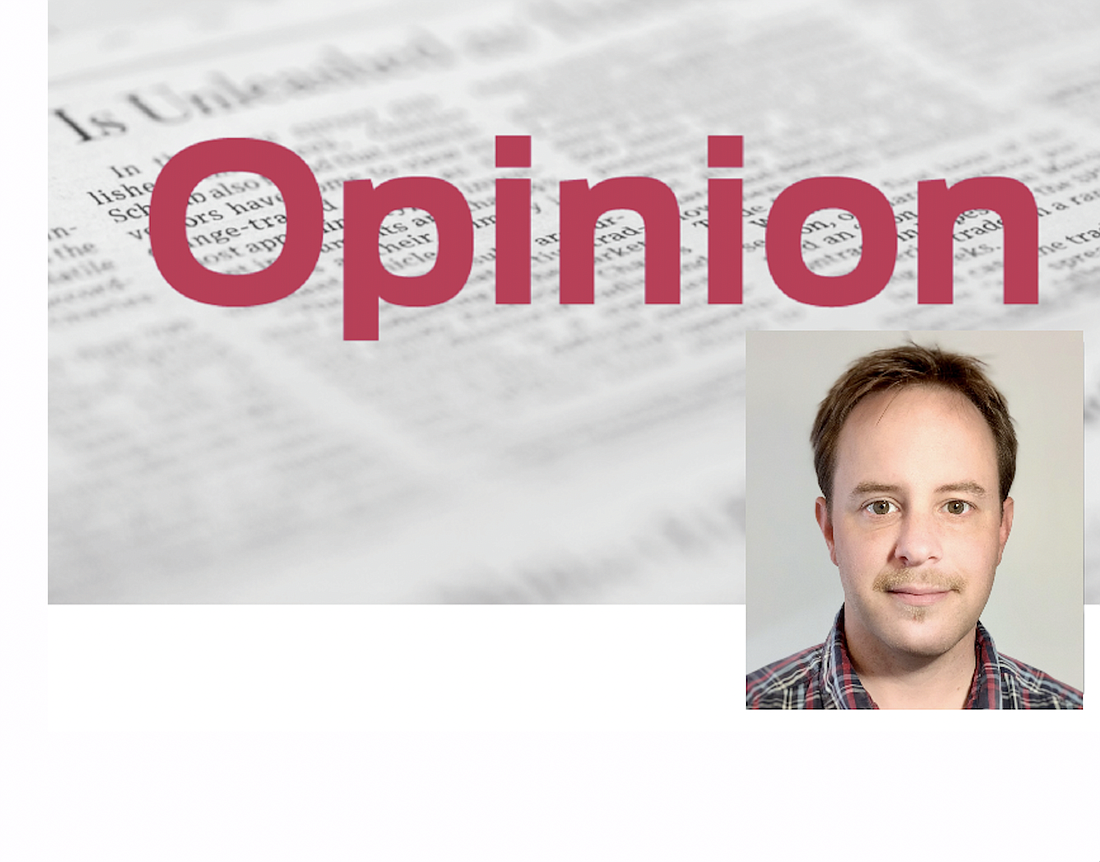- March 13, 2025

With two hurricanes, a primary and general election and an ongoing pandemic, 2022 has been a busy year in Flagler County. Here are five themes from 2022 that will likely affect us in the coming year.
In the race to rework Flagler’s shoreline, Ian and Nicole beat the Army Corps of Engineers. The storms scattered the county’s eroded dunes into the water and gnawed chunks of asphalt out of A1A before the Corps of Engineers could start a dune renourishment project that would have blocked such damaging storm surge.
But the hurricanes also washed away excuses for waiting. Gov. Ron DeSantis visited Flagler Beach soon after Ian, strolling out on the landward end of the city’s truncated pier, viewing seawater-soaked homes and listening to local officials’ appeals for help.
County Engineer Faith Alkhatib has secured $12.6 million to build up a dune near Gamble Rogers state park before the Army Corps of Engineers project begins.
The one beachfront property owner whose opposition has delayed the Corps of Engineers project is in bankruptcy. Attorneys representing the county government hope the county can gain access to her land through the bankruptcy process so the project can begin.
Expect sand projects on Flagler’s coast in the coming year.
With a new Flagler Access Center for behavioral health, an AdventHealth hospital under construction on Palm Coast Parkway, and Dr. Stephen Bickel’s pledge of $10 million to support Flagler Cares, a range of people and groups are working to make it easier for locals to get health care.
And universities are coming to Palm Coast to train the workers who will provide it.
The University of North Florida is holding its MedNexus program classes in Town Center, while Jacksonville University has started an accelerated Bachelor of Science in Nursing program there.
The changes have come amid increased focus on health care during the COVID-19 pandemic, but could impact the community for years.
When the House passed a bill restricting school instruction on LGBT-related topics — formally called the “Parental Rights in Education,” bill, but dubbed the “Don’t Say Gay” bill by opponents — students in Flagler and other counties walked out of their classes in protest, chanting “Say gay!” and waving rainbow flags.
The demonstrations brought national attention to organizer Jack Petocz of Flagler Palm Coast High School while spurring other local teens to get into politics.
Meanwhile, the law’s supporters have challenged LGBT-related books in Flagler school libraries, prompting the school district to remove some titles from the shelves.
Locally, the opposing sides are increasingly organized. Expect to hear from them when the School Board debates LGBT-related policies or procedures.
Challengers with limited political experience have beaten incumbents for seats on local government boards. Only one local incumbent — County Commissioner Greg Hansen — kept his post through a challenge during the recent elections.
The five-member School Board is most affected. It now has three new members: Will Furry, Sally Hunt and Christy Chong.
Two Palm Coast City Council seats with no incumbent candidates have been filled by Theresa Carli Pontieri and Cathy Heighter.
And on the County Commission, Leann Pennington replaces former Commissioner Joe Mullins.
It’s still early to tell how the newcomers will govern and interact with constituents and colleagues, but their perspectives will shape local policies in coming years.
Housing in Palm Coast was too pricey for many workers and young professionals before the pandemic. Local government boards held meetings about housing affordability and formed an advisory task force.
With prices now even higher, the problem is again getting attention. City Councilwoman Cathy Heighter, speaking in a recent council meeting, suggested the city use more grant money to help first-time homebuyers, while county commissioners at a Dec. 19 meeting considered proposals to change regulations to help reduce prices.
Flagler’s limited number of apartments, duplexes and small houses, along with current residents’ resistance to building new ones, has impeded attempts to relieve the housing crunch.
But Palm Coast is planning to expand west of U.S. 1, potentially adding miles of newly accessible land where there won’t be any established residents to come to City Council meetings and complain about proposals to add apartments or small single-family homes next to their larger houses.
What should be built on the land west of U.S. 1? Business parks and shopping centers? More 2,000-square-foot houses? Apartments and duplexes? Should the city consider “tiny homes”? The city will have to answer these questions as it prepares to open access to what Mayor David Alfin has called Palm Coast’s “frontier.”